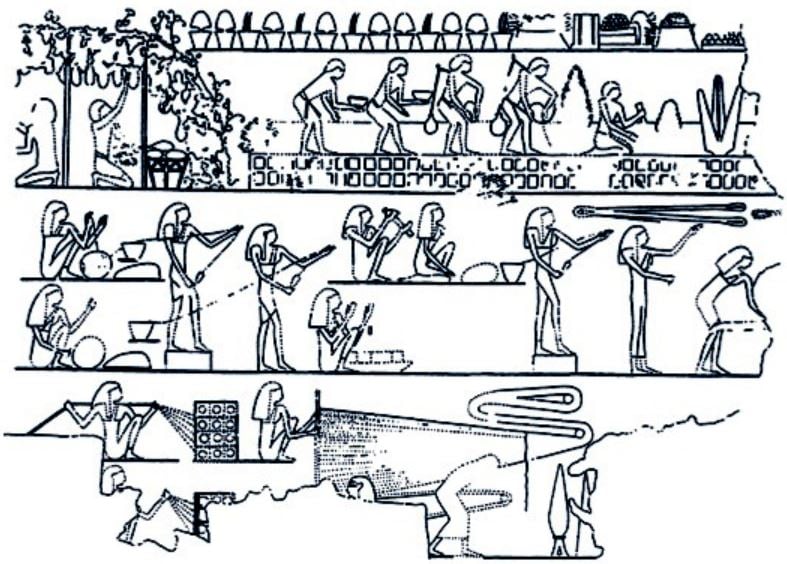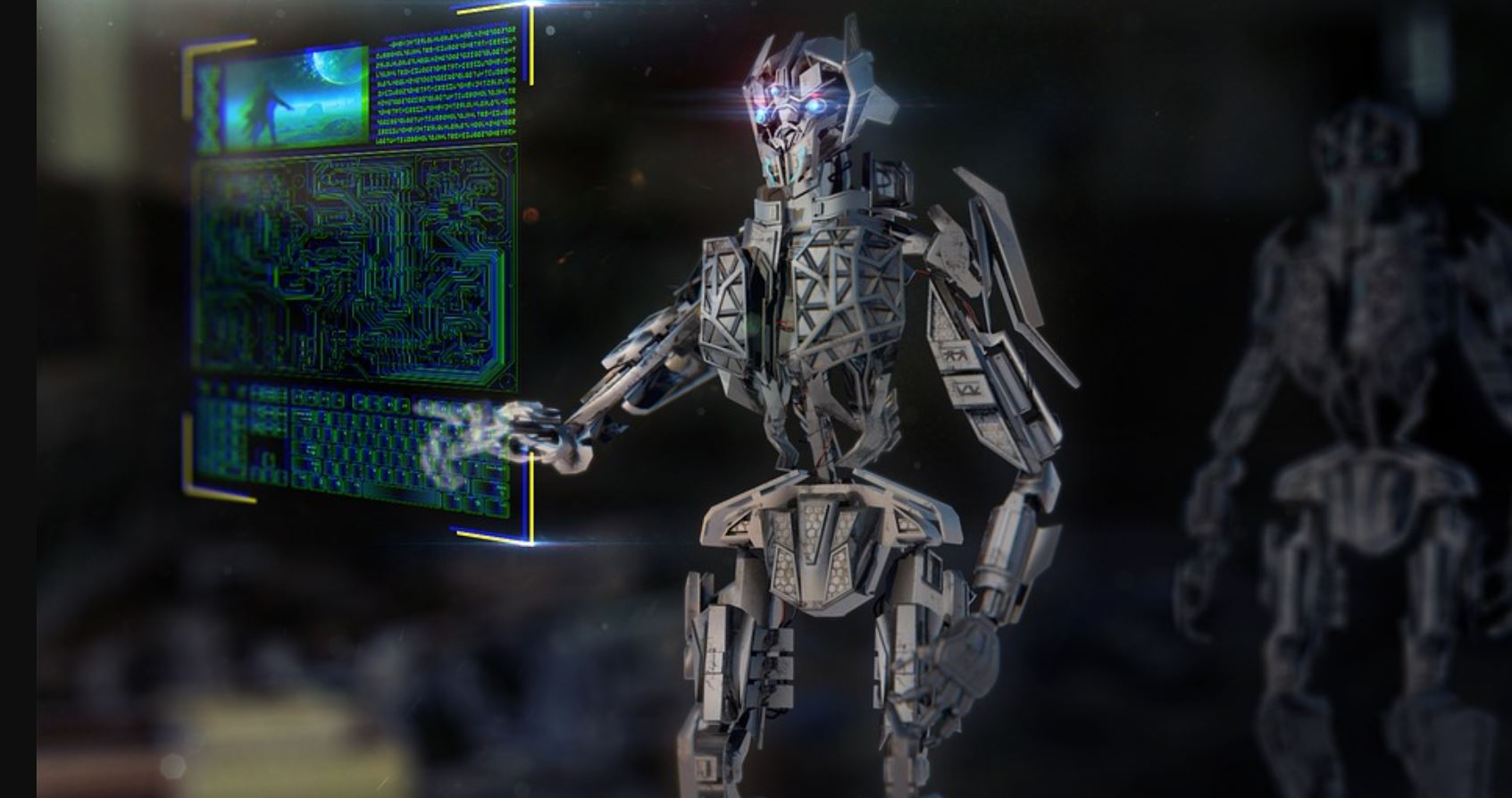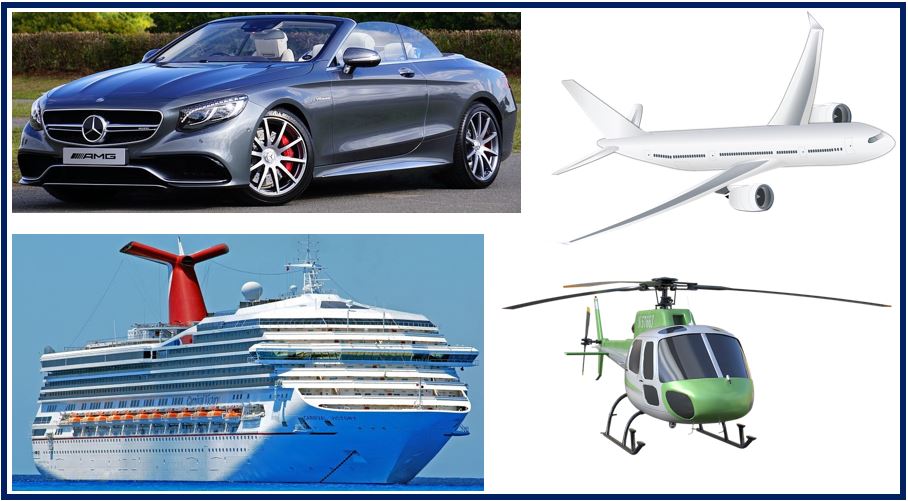What is a machine or to machine? Definition and examples
The meaning of the word Machine can vary, depending on its context. It can be a piece of equipment, i.e., a device, that uses electricity to do a specific kind of work. Some machines use gasoline, natural gas, diesel, or another fuel.
This diversity in application highlights the versatility of machines, adapting across centuries from simple tools to complex networks that form the backbone of contemporary industry.
The term may also refer to a large and extremely well-controlled organization or system. If I say, for example: “The party’s publicity machine is backing John Smith,” I mean the political party’s publicity department is extremely efficient and effective.

As a verb
When “to machine” is a verb, it can mean to make something. For example, somebody might say: “That material was machined in a factory in Thailand.”
The verb can also mean to work on something, such as a block of metal, and shape it into a finished product. In this context, to machine can mean to cut, drill, grind, slice, or bend into a desired shape. If something is easy to machine, we say it has a high machinability.
Here are five sentence containing the word “machine” as a verb. They will help you see how we use the verb in context:
- “The aerospace parts were precisely machined to withstand extreme pressures and temperatures during flight.”
- “After selecting the type of metal, the technician machined the component to fit into the larger assembly of the custom motorcycle.”
- “The jeweler machined the intricate patterns onto the surface of the ring, giving it a unique texture that sparkled under the light.”
- “We need to machine a new set of gears for the vintage clock to restore it to working condition.”
- “The carpenter machined the wooden planks with exceptional skill, ensuring that each notch and groove aligned perfectly for the cabinet.”
Definitions
Here are some definitions of the term that the en.oxforddictionaries.com provides:
“1.1 An apparatus using mechanical power and having several parts, each with a definite function and together performing a particular task. 1.2 Any device that transmits a force or directs its application.”
“1.3 An efficient and well-organized group of powerful people. 1.4 A person who acts with the mechanical efficiency of a machine (‘comedians are more than just laugh machines’).

Machine – mechanical device
A machine is a mechanical structure that uses electricity or some other form of power source to apply forces and control movement. It does this to perform a specific action.
People, animals, natural forces, chemicals, electricity, or heat can drive machines. Early machines were mechanical devices that either humans or animals drove.
Modern devices have complex systems comprising mechanisms, control components, and structural elements. They include interfaces for convenient use.
A car is a machine, as is an airplane. Boats are also machines. Therefore, we can say that we use machines for transporting people, animals, and goods.
Home and office appliances, agricultural devices, robots, computers, and factory automation systems are also machines. In fact, there are hundreds of thousands of different types of machines.

Etymology of machine
Etymology is the study of where words come from, i.e., their origins and history, and how their meanings have evolved.
The term ‘machine‘ with the meaning ‘structure of any kind’ first appeared in the English language in the 1540s. It came from the Middle French word ‘machine,’ which meant a ‘device or contrivance.’ The Middle French word came from the Latin word ‘machina,’ which meant ‘engine, military machine, device, instrument, or trick.’
In the 1670s, the word began to acquire its modern meaning, i.e., ‘a device made of moving parts for applying mechanical power.’
According to etymonline.com, from the 1670s onward: “It gradually came to be applied to an apparatus that works without the strength or skill of the workman.”
The evolution of machines has been pivotal in the development of automation, allowing for the creation of self-operating systems that further reduce the need for human intervention.
Machine – vocabulary and example sentences
There are dozens of compound nouns containing the word “machine,” such as “machine intelligence.” A compound noun is a term comprising two or more words. Let’s take a look at seven of them, their meanings, and how we can use them in a sentece:
-
Machine Era
A period of time characterized by the rise of machinery and industry, often associated with the Industrial Revolution.
Example: “The machine era marked a turning point in human history, as it changed the landscape of labor and production.”
-
Machine Learning
A field of artificial intelligence that uses statistical techniques to give computer systems the ability to “learn” from data, without being explicitly programmed.
Example: “Machine learning algorithms can improve their accuracy over time through exposure to new data.”
-
Machine Intelligence
The measure of a machine’s ability to exhibit intelligent behavior equivalent to, or indistinguishable from, that of a human.
Example: “Advances in machine intelligence are rapidly closing the gap between human and machine capabilities.”
-
Machine Translation
The process by which computer software is used to translate text or speech from one language to another.
Example: “Machine translation has made it easier for people to understand web pages written in foreign languages.”
-
Machine Ethics
Definition: A branch of ethics that studies the moral behavior of artificially intelligent beings, or machines.
Example: “As autonomous vehicles become more common, machine ethics will play a critical role in decision-making processes.”
-
Machine Vision
The technology and methods used to provide imaging-based automatic inspection and analysis for applications such as automatic inspection, process control, and robot guidance.
Example: “Machine vision is crucial for quality control in manufacturing.”
-
Machine Code
The set of instructions executed directly by a computer’s central processing unit (CPU).
Example: “Every software application eventually gets translated into machine code that the hardware can understand.”
Two Videos
These educational videos featured on our partner YouTube channel, Marketing Business Network, explain the meanings of ‘Machine’ and ‘Machine-to-Machine,’ utilizing easy-to-understand language and examples.
-
What is a Machine?
-
What is Machine-to-Machine (M2M)?

